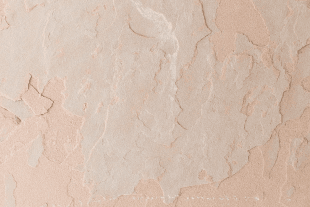Milestone Inspections
FOUNDED ON
RESCUE, BUILT
ON EXPERIENCE


Founded on Rescue,
Built on Experience
A milestone inspection for condominiums, as required by Florida law, starts with a visual qualitative inspection by an engineer or architect. The purpose of this initial inspection is to get a feel for whether or not the building has structural issues that could potentially threaten life safety. It’s called a Phase 1 Milestone Inspection.
The purpose of this inspection does not include searching for building code defects, latent (hidden) defects, or reviewing non-structural items such as paint coatings, mechanical or electrical systems. Mechanical and electrical systems will potentially be included as part of a Structural Integrity Reserve Study (SIRS).
If the engineer/architect find substantial structural deterioration or damage in the initial Phase 1 inspection, they will recommend to move into a Phase 2 inspection which is more detailed and may include destructive testing. It’s important to remember that a recommendation for a Phase 2 inspection isn’t necessarily a bad thing – it just means that the engineer/architect wants to take a closer look at things to help figure out the extent of deterioration.
For example, because concrete corrosion and spalling usually shows up 25 to 30 years into a building’s lifespan, it’s likely that most reinforced concrete buildings built along Florida’s coast that are 25 years or older will show some signs of corrosion damage – and a Phase 2 would most likely be recommended once the Phase 1 inspection is complete.
Keep in mind that the Phase 1 inspection, Phase 2 inspection, and SIRS reserve study are all separate initiatives with their own separate costs. Normally we can’t provide a quote for a Phase 2 inspection until after we have performed our initial inspection. Also, we do not perform Structural Integrity Reserve Studies (SIRS) at this time. We refer clients needing a SIRS to contact Reserve Advisors.
If we say something is going to fail, that’s because we’ve seen it fail. If we say something is going to work, that’s because we’ve seen it work.







